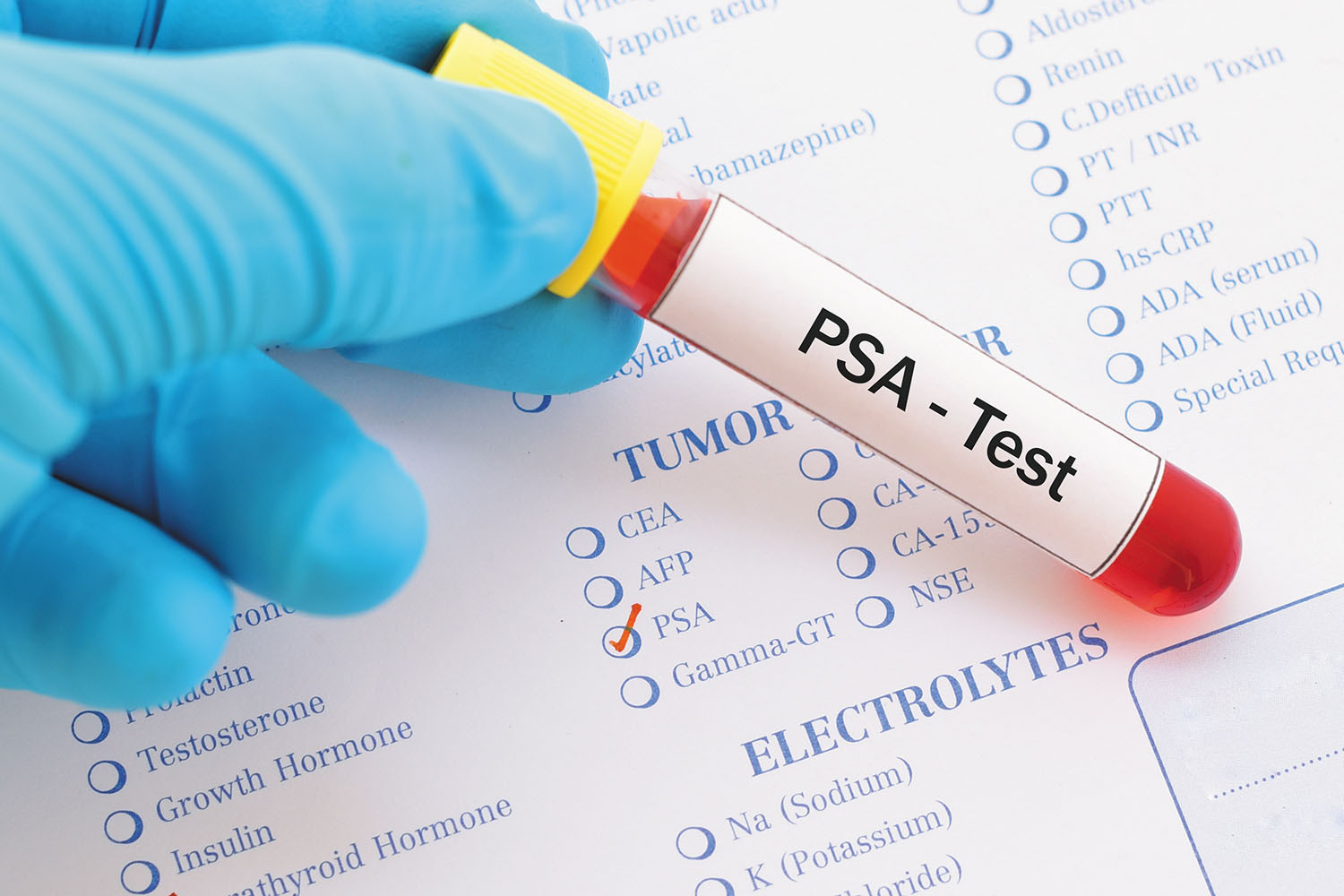
What are somatic workouts?

How to curb your stress eating

How to spot Parkinson’s disease symptoms

8 simple ways to reduce ultra-processed foods in your diet

Heart failure symptoms in women: How they’re different

GERD diet: Foods to avoid to reduce acid reflux

Strong is the new skinny

Everyday habits that sneakily weaken your bones

Don’t wait to get help for back pain

Correcting how you walk may ease osteoarthritis knee pain
Medical Tests & Procedures Archive
Articles
Angioplasty and stenting through the arm
When doctors insert a stent into the heart's artery, they usually enter the body through an artery at the top of the thigh. But for some people, using a vessel in the arm may be a safer and less costly option.
Our evolving understanding of the problem with plaque
New imaging techniques that use light or sound waves to create images of the inside of coronary arteries have helped researchers better understand the fat-laden plaque that builds up inside artery walls (atherosclerosis). Most heart attacks happen when small, inflamed areas of fatty plaque rupture suddenly, causing a clot that blocks blood flow. This may explain why treating large, obstructive plaques with stents or bypass surgery does not seem to prevent heart attacks or help people live longer.
Beyond "bad" cholesterol: A closer look at your blood lipids
For assessing heart disease risk, a standard cholesterol test doesn't always tell the whole story. Some people with "normal" LDL cholesterol levels might benefit from a test that measures apolipoprotein B (apoB). This test, which measures the number of LDL particles as well as other particles that can contribute to clogged arteries, may be a better indicator of heart disease risk than just an LDL cholesterol value.
What is a silent stroke?
Most strokes are caused by a clot that blocks a blood vessel in the brain. Those that damage small areas of brain tissue that don't control any vital functions are known as silent strokes because they don't cause any noticeable symptoms.
Older men continue to have excessive PSA testing
Guidelines recommend against routine prostate-specific antigen (PSA) testing in men ages 70 and older. Still, two 2023 studies found that men in this age group are having too many PSA tests.
Older women disproportionately diagnosed with advanced cervical cancer
A 2023 study indicates that women 65 and older are diagnosed with advanced cervical cancer more often than younger women, and they have a worse prognosis.
The kidney-heart connection
More than one in seven adults has chronic kidney disease, yet many of them aren't aware of the problem. Early-stage kidney disease often has no symptoms, but the condition slowly and silently worsens over time. The two most common causes of chronic kidney disease—high blood pressure and diabetes—are also leading risk factors for heart disease, which means the two diseases often overlap. Most people know their blood pressure and cholesterol values, but few are familiar with the tests used to assess kidney health. They include serum creatinine, estimated glomerular filtration rate, and urine protein tests.
Slightly leaky heart valves
A small amount of leakage (regurgitation) from the mitral or tricuspid valve is normal. People with either condition do not need to modify their activity levels, but they should stay alert to symptoms that suggest the problem is worsening.
Good intentions, perilous results
Some supplements can interfere with lab tests to diagnose or monitor health conditions, which can lead to life-threatening misdiagnoses or unnecessary additional testing. Biotin (vitamin B7) can skew results from a blood test to diagnose heart attack. Other problematic supplements include vitamin C, which can interfere with blood sugar readings and stool tests; calcium, which can make bones appear denser than they are on bone density scans; and creatine, which can lead to falsely high readings of creatinine, a marker for kidney disease.
Advances in varicose vein treatment
Unlike a few decades ago, there are now a number of minimally invasive ways to treat varicose veins. Doctors can shut down problem veins with injections of various substances or certain catheter procedures. A treatment currently in clinical trials in the United States promises to simply "zap" away varicose veins from outside the body. Called high-intensity focused ultrasound, it converts sound waves into a focused beam of heat that seals a malfunctioning vein.

What are somatic workouts?

How to curb your stress eating

How to spot Parkinson’s disease symptoms

8 simple ways to reduce ultra-processed foods in your diet

Heart failure symptoms in women: How they’re different

GERD diet: Foods to avoid to reduce acid reflux

Strong is the new skinny

Everyday habits that sneakily weaken your bones

Don’t wait to get help for back pain

Correcting how you walk may ease osteoarthritis knee pain
Free Healthbeat Signup
Get the latest in health news delivered to your inbox!
Sign Up











